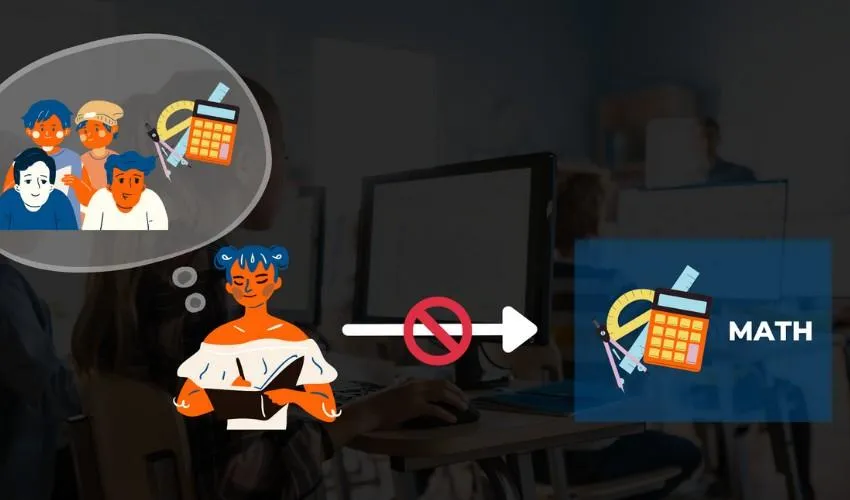
How Parents and Peers Keep Girls away from STEM Disciplines
Stereotypes held by parents and peers can influence boys and girls in what they decide to study, thus contributing to the underrepresentation of women among the graduates in STEM (Science, Technology, Engineering and Math) subjects, according to a study by Lucia Corno and Michela Carlana, two scholars affiliated to Bocconi's Laboratory for Effective Anti-poverty Policies (LEAP).
To test their hypothesis, Corno and Carlana collected data among 2,500 middle school students in Italy and ran an experiment. They asked students to choose to solve a task in the field of study (math or literature) they thought they are better at. Boys turned out to be more likely to choose math and girls to choose literature.
They then asked some students to think about what their mothers would recommend them to choose before making their choice between math and literature. To another group of students, they asked to think about what their fathers would recommend.
Girls who think about their mother recommendation before making their own choice are 20% less likely to choose math, compared to girls who make their own choice without thinking about their mother's recommendation. Boys' choices are influenced by fathers: when they think about their father's recommendation, they increase their probability of choosing math by 16%.
Another experiment shows that boys' choices in this field are not influenced by peer pressure, while girls shy away from math when they think they have to interact with boys.
"Parental stereotypes are crucial," concludes Corno, "and peer pressure induces girls to study less math to avoid interactions in male-dominated contexts. Policies designed to reduce gender stereotypes might be helpful to redistribute talents across educational fields, reducing gender inequality and thus increasing productivity."
Michela Carlana, Lucia Corno. "Parents and Peers: Gender Stereotypes in the Field of Study." Available at SSRN: https://ssrn.com/abstract=3960154.
Parents and Peers: Gender Stereotypes in the Field of Study
